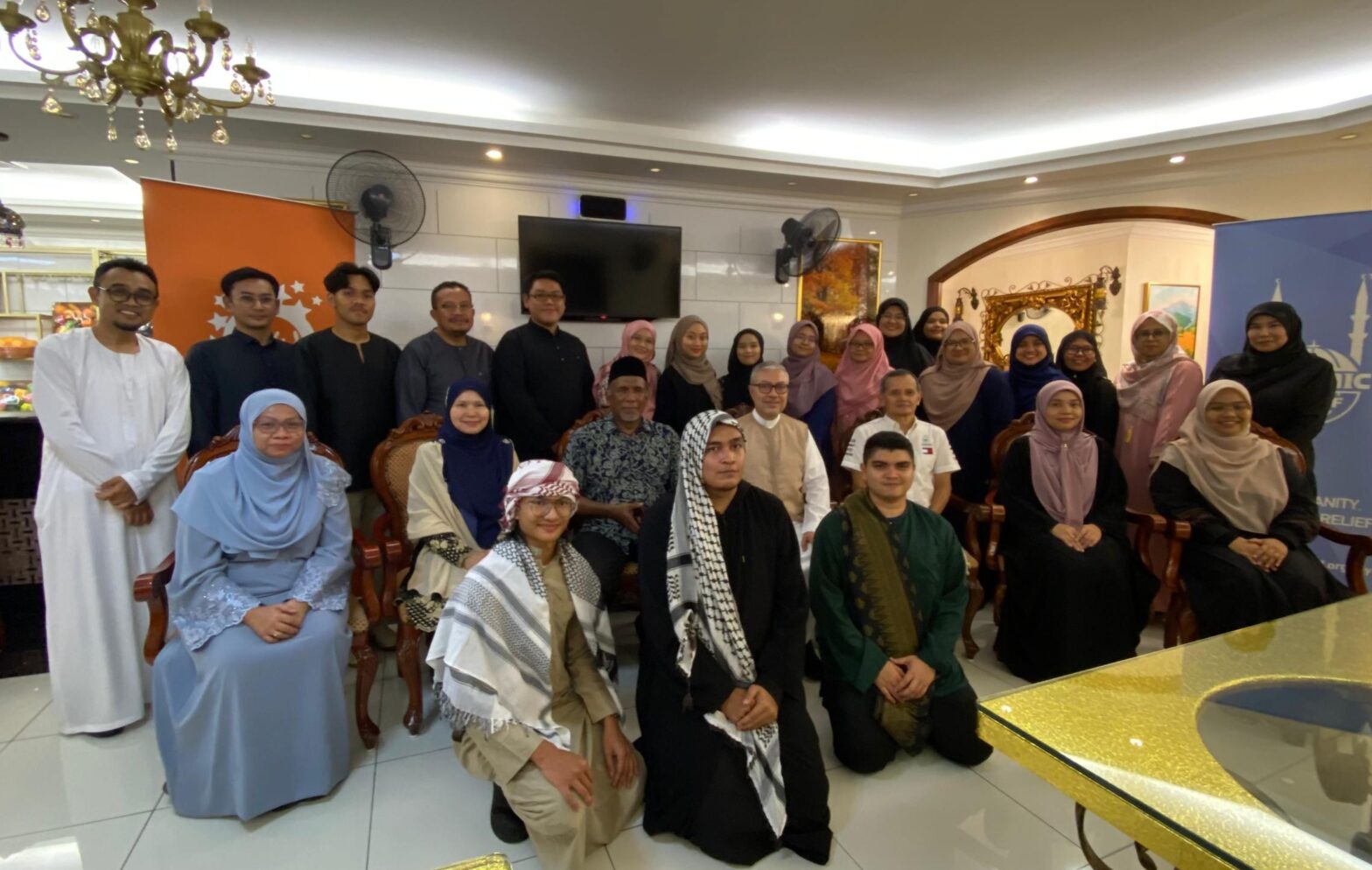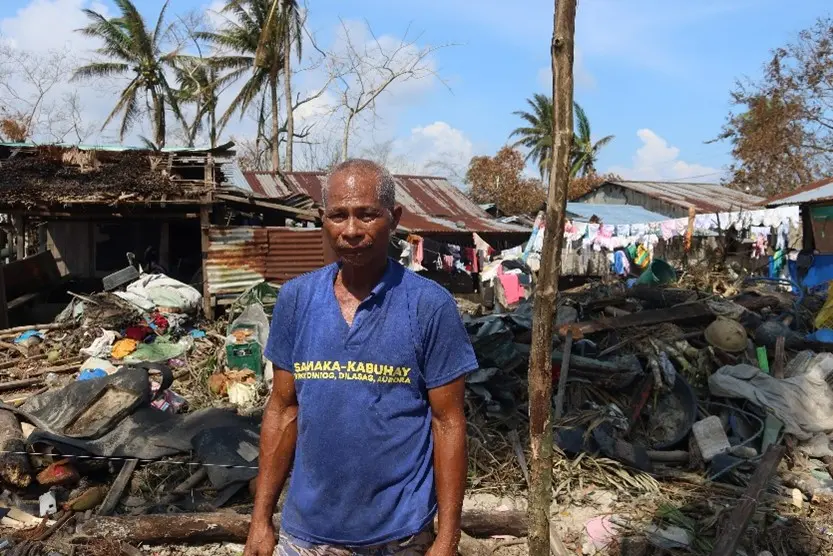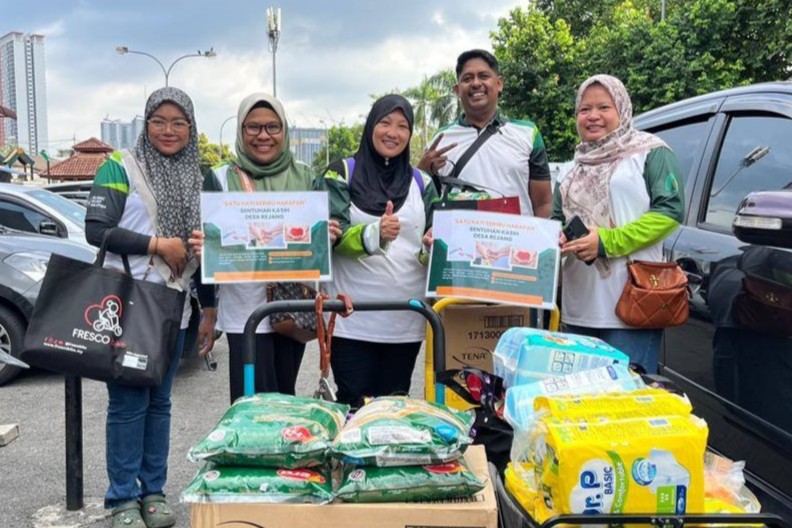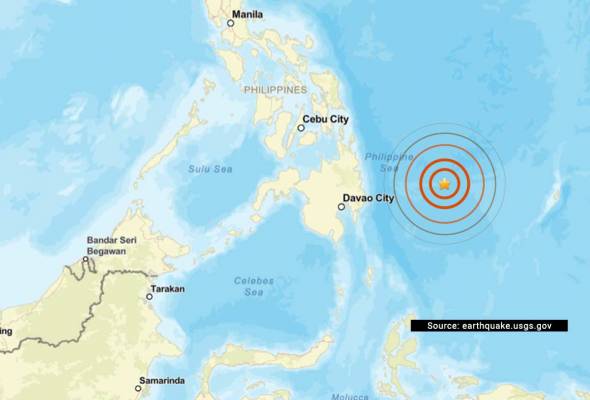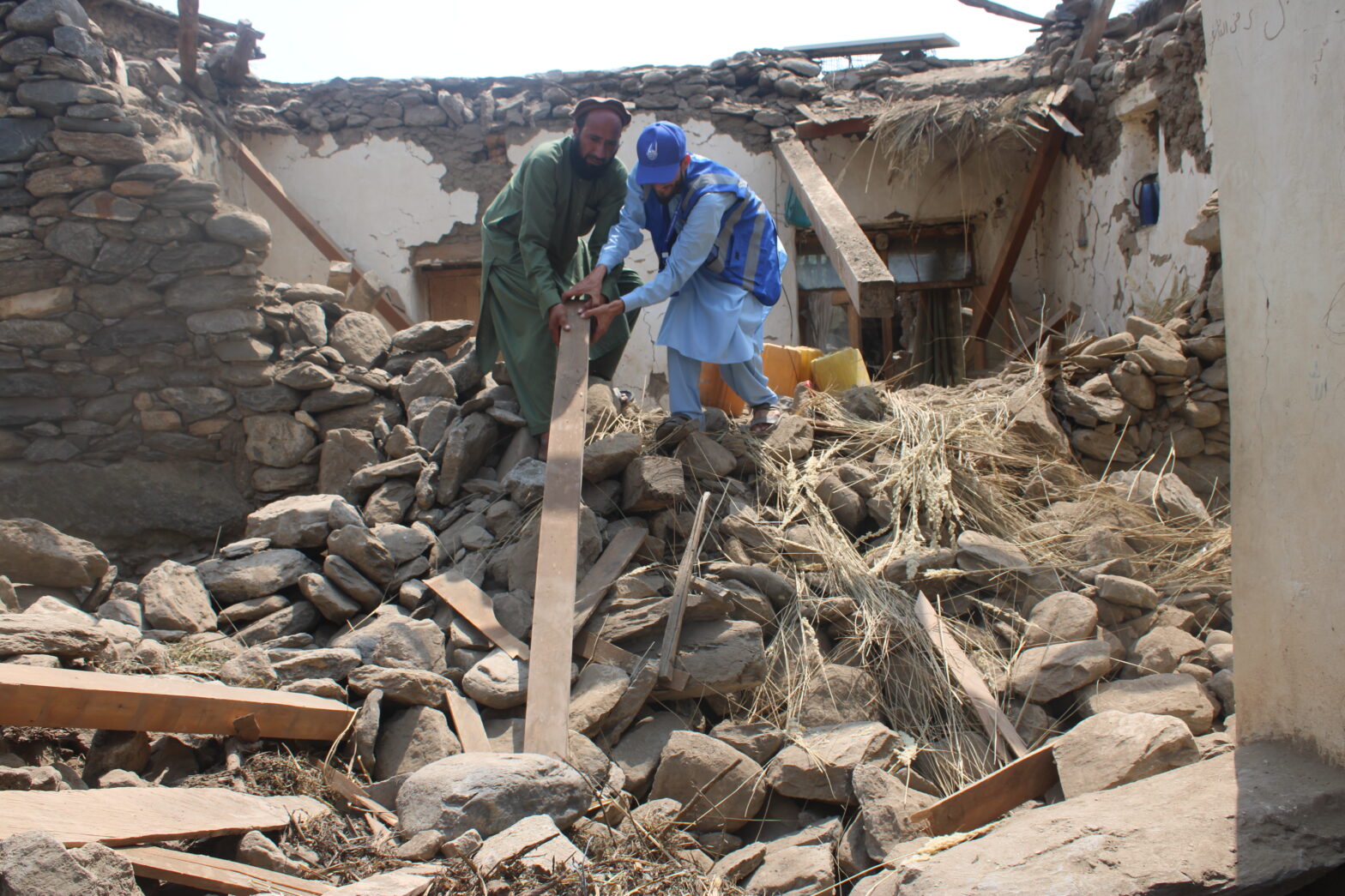Editor’s note: This article contains descriptions of sexual assault and violence that some may find disturbing.
In Kapoeta North County, South Sudan, Nanyait carries a story that thousands of women know too well – a story of violence sanctioned by culture, trauma compounded by rejection, and survival that demands more courage than most will ever need.
At 34, Nanyait is rebuilding her life a small step at a time. But the journey to where she stands today, as an independent businesswoman and mother, required surviving what no woman should ever endure.
When culture condones violence
Married at just 14 years old, Nanyait spent decades in a marriage marked by abuse and hard labour. As she grew older, her husband grew tired of her. What happened next reveals the brutal reality of harmful practices that masquerade as tradition.
Her husband arranged for 2 men to sexually assault her – a cruel practice in some Toposa communities where older wives are sometimes given to other men. In Nanyait’s case, it wasn’t consensual. It was orchestrated violence.
When Nanyait discovered she was pregnant as a result of the assault, her husband’s response was to cast her out completely – abandoning her while pregnant and denying her access to their 3 children. When she fled, the children followed her, trying to stay with their mother, but her husband threatened her and forced her to stay away from them.
She returned to her family’s home with nothing, carrying not just a child but the weight of a community’s judgment.
“I had lost hope,” Nanyait recalls. “At my age, returning to my family house was really shameful, but I had nowhere to go.
“Worst was my husband refusing me to have access to my kids. I’m even talking to you because you’re not one of the community members. I have become a laughingstock. People call me names.”
In South Sudan’s patriarchal communities and particularly among pastoral groups in Kapoeta, women have no voice. Deep-rooted beliefs that view women as property and sources of wealth fuel forced and early marriages. When violence occurs, women are blamed. When they speak out, they face being cast out.
A space to heal and a chance to rebuild
A neighbour’s referral changed everything. At Islamic Relief South Sudan’s Women and Girls Friendly Space, Nanyait found what her own community had denied her: safety, dignity and support.
The project’s staff provided crucial counselling and connected her with antenatal services. During routine testing, Nanyait discovered she was HIV-positive, another devastating blow, but this time she wasn’t alone. She received ongoing counselling and was enrolled in skills-building classes.
“To everyone I was a laughingstock, but Islamic Relief and this place is the only place I feel comfortable in because we are many women and we share our stories,” Nanyait explains.
“We cry together and laugh together. When I’m here I feel so happy, so I don’t miss any classes.”
At the centre, Nanyait developed practical skills, like knitting bedsheets and creating beadwork. More importantly, she found her voice again. She started to sell her handmade items, then used the income to open a small shop selling cooking oil, salt, onions and other essentials. Today, she supports herself and her young child independently.
Why this work matters more than ever
Nanyait’s story is sadly not unique. Across South Sudan, harmful cultural practices continue to devastate women’s lives. Gender-based violence thrives in communities where men hold absolute power and women are systematically marginalised in decision-making and denied access to resources.
Through the PROGRESS II project, Islamic Relief South Sudan has reached 13,500 individuals across Kapoeta North County and Kapoeta East County communities ravaged by successive droughts and conflicts. The project has provided gender-based violence awareness to more than 1,970 women, and case management services to 150 survivors.
But awareness alone isn’t enough. Real change requires challenging social norms, working with faith and community leaders, and advocating alongside government partners to dismantle the structures that enable violence against women.
“I thank Islamic Relief for loving us and making us feel human again when our own people left us,” Nanyait says.
Women subjected to violence don’t need pity – they need safe spaces, practical support, economic empowerment and communities brave enough to name harmful practices for what they are.
As we mark the 16 Days of Activism against gender-based violence, Nanyait’s transformation from victim to survivor to independent businesswoman reminds us that change is urgent but possible. When women are given the tools, support and space to rebuild their lives, they don’t just survive – they reclaim their power.
Every woman deserves what Nanyait found: a place where her voice matters, her trauma is acknowledged, and her future belongs to her alone.
Islamic Relief’s gender justice work addresses the root causes of violence against women and girls, including harmful practices that are often wrongly attributed to faith. We work in partnership with communities, faith leaders and local authorities to create lasting change. To support our life-saving programmes by donating today.




